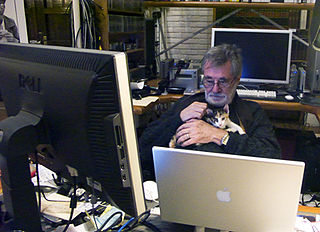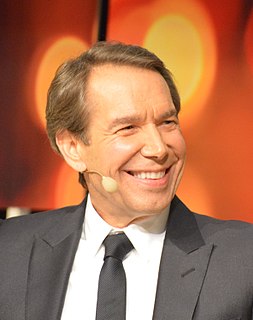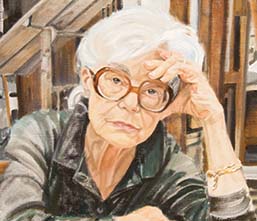A Quote by Stephen Shore
A photograph has edges the world does not.
Quote Topics
Related Quotes
For me, writing is an experience. It's an exercise in which I want to discover myself by taking my characters to the edges of human experience, to the edges of themselves and then, asking certain questions - about love, what does it mean to love? What's beauty? What is true beauty? What does it mean to be insane - crazy?
If you look at a photograph, and you think, 'My isn't that a beautiful photograph,' and you go on to the next one, or 'Isn't that nice light?' so what? I mean what does it do to you or what's the real value in the long run? What do you walk away from it with? I mean, I'd much rather show you a photograph that makes demands on you, that you might become involved in on your own terms or be perplexed by.
How foolish of me to believe that it would be that easy. I had confused the appearance of trees and automobiles, and people with a reality itself, and believed that a photograph of these appearances to be a photograph of it. It is a melancholy truth that I will never be able to photograph it and can only fail. I am a reflection photographing other reflections within a reflection. To photograph reality is to photograph nothing.
And what do you really do? asked Tiffany. The thin witch hesitatied for a moment, and then: We look to ... the edges, said Mistress Weatherwax. There's a lot of edges, more than people know. Between life and death, this world and the next, night and day, right and wrong ... an' they need watchin'. We watch 'em, we guard the sum of things. And we never ask for any reward. That's important.































